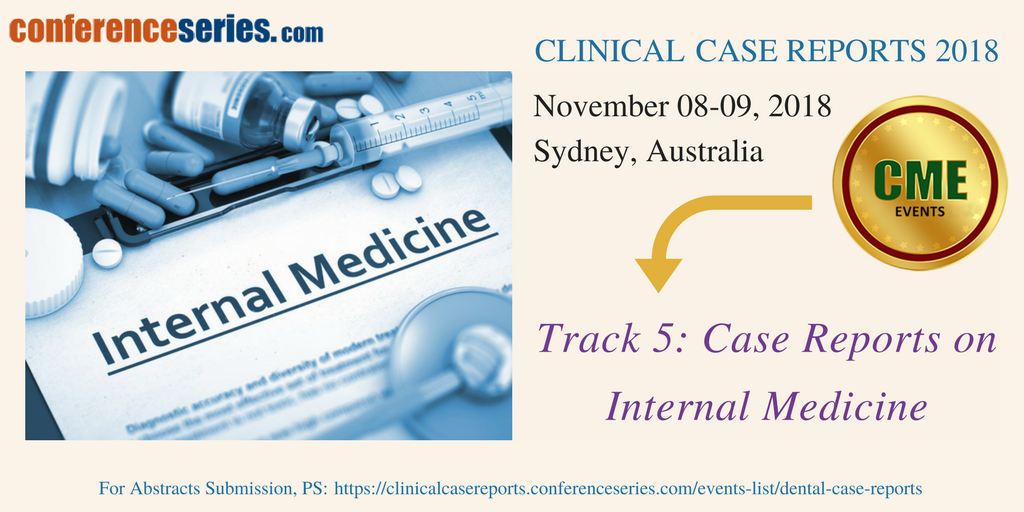The specialty of internal medicine covers a wide range of conditions affecting the internal organs of the body - the heart, the lungs, the liver and gastro-intestinal tract, the kidneys and urinary tract, the brain, spinal column, nerves, muscles and joints. Although some diseases specifically affect individual organs, the majority of common diseases -arteriosclerosis, diabetes, high blood pressure and cancer may affect many internal organs of the body.

Physicians specializing in internal medicine are called internists, or physicians (without a modifier) in Commonwealth nations. Internists are skilled in the management of patients who have undifferentiated or multi-system disease processes. Internists care for hospitalized and ambulatory patients and may play a major role in teaching and research. The internist must then be trained to recognize and manage a broad range of diseases and, with the aging population, many patients with chronic and multiple disorders. It is an all-embracing discipline, concerning itself with all aspects of pathology and all the organ-based specialties.
- Allergy and Immunology
- Gastroenterology
- Infectious Disease
- Nephrology
- Rheumatology
- Dermatology
- Otorhinolaryngology
- Orthopedics
- Ophthalmology
- Epidemiology
For more details about the conference and abstracts submission, PS: https://clinicalcasereports.conferenceseries.com/events-list/case-reports-on-internal-medicine
No comments:
Post a Comment